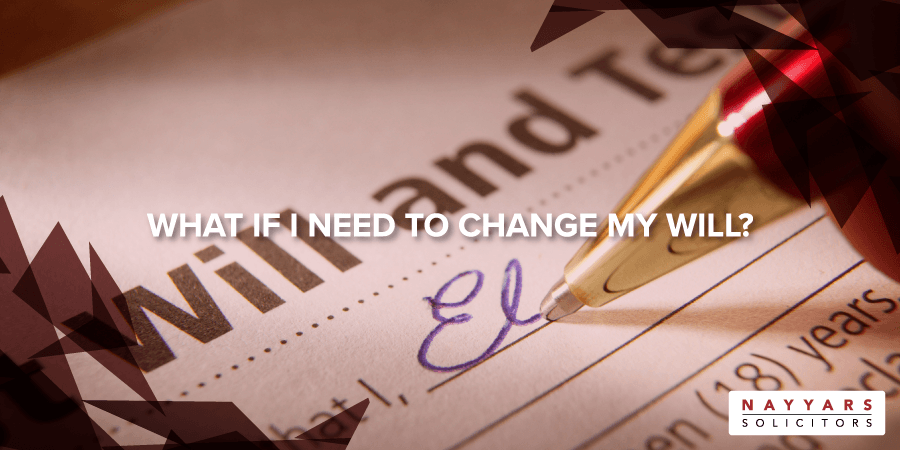LAW SOCIETY EXCELLENCE AWARDS 2019 WINNER!
Verbal Contracts – Giving Only Your Word?

Often when you find yourself paying for a good or service, you haven’t signed a written contract detailing your agreement and showing you are bound. In these kind of situations, it is difficult to know what your rights and responsibilities are, as it is not as easy to refer back to conversations in your memory as it is a written document. So, when are you bound by your words?
One of the most common examples is a verbal contract with your Driving Instructor. Driving Instructors provide a service in return for money which is often handled in cash payments without any formal documentation exchanging hands or being signed. Let’s use the example of a driving instructor telling you in a conversation that if you cancel a driving lesson less than 5 days before the agreed date, you would still be charged for it.
An emergency arises and you contact your driving instructor two days before your lesson apologising, and he is furious, warning you he will take you to court if you do not pay for the missed lessons.
So what are your rights and responsibilities when you have exchanged nothing in writing?
The issue with verbal contracts is that they are much harder to prove. The instructor would need evidence to prove that a binding agreement has been reached. There are 4 elements which he needs to show existed:
- That an offer to provide services with particular terms was made
- That the offer was accepted
- That there was “consideration” – which means that there must have been an exchange of goods, rights or services with value.
- There was an intention to be legally bound
It is often the last hurdle which is the most difficult to prove – were both parties aware that their words were legally binding? During the conversation, you may have thought it would be to discourage early cancellations and wouldn’t apply in cases of emergencies. You also may not have explicitly agreed to this. In these cases – you did not have the intention to be legally bound by the terms of the agreement.
If you expressly agreed this would be okay even over text-message or over a phone call, your driving instructor would find it much easier to prove there is a contract and you must pay the amount.
However, always remember when being threatened with court proceedings, that if the claim is less than £300, the person taking it to Court would have to pay a £35 fee, and the costs of any legal representation. So, often over a £25 driving lesson, they won’t take you to court simply because the claim is worth less than how much it will cost them to take it to court.
The above example is based on a low value claim, however if you are owed or are being chased for a larger amount of money then it is worth seeking legal advice on your rights. Remember the absence of a written contract does not mean that a contract does not exist!
Even if you are taken to court, or simply want some advice, just contact Nayyars Solicitors on 0161 491 8520 and we can help deal with your claim.
Amna Iqbal
Paralegal


